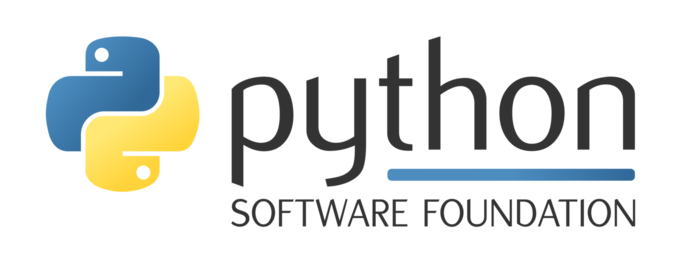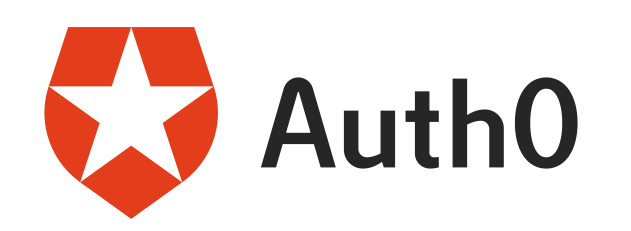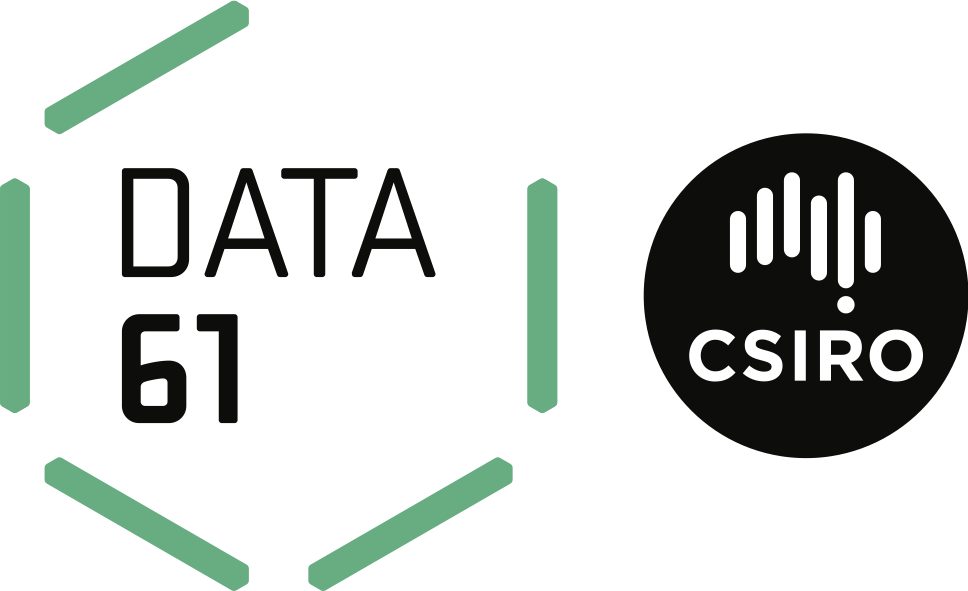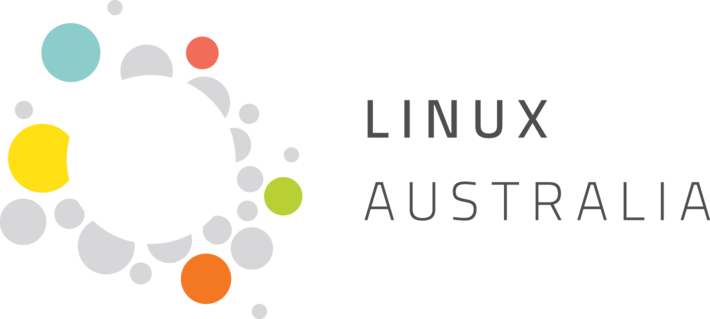Surprisingly, we can approximate matter as a bunch of balls on springs and learn things about our bodies and the world. This talk will look at the different stages of molecular dynamics (MD) simulations and how Python is changing everything.
Molecular dynamics is a branch of computational chemistry that looks at how atoms move and interact with each other. Since the first simulations over 50 years ago, the field has developed largely around the same models and constraints. Now this is all changing in part due to the open access movement, accessible libraries such as Scikit-learn and Tensorflow, scientist-created toolkits, and, of course, improvements in hardware.
This talk will give a short history of molecular dynamics, how we use Python to support our work, the big problems we face, and how Python may change many of the fundamental pillars of molecular dynamics. You won’t come away with any answers to deep chemical questions, but there’ll be a lot of dancing molecules.
Watch 'The universe as balls and springs: molecular dynamics in Python' on PyCon AU's YouTube account
Lily Wang
Lily is halfway through her PhD on molecular dynamics at ANU, but doesn’t have a topic yet. This is fine. 🔥




















